Google recently unveiled its latest lineup of smartphones, the Pixel 8 series, sparking the Pixel 7 vs Pixel 8 debate, meanwhile also releasing the much-anticipated Android 14 update. Building upon the successes of the Pixel 7 lineup, these new devices come packed with enhancements that promise a substantial leap in performance, features, and overall user experience. From an advanced Tensor G3 chip to improved camera capabilities, the Pixel 8 aims to set a new standard in smartphone technology.
In this comprehensive comparison, we delve into the key differences between the Pixel 8 and its predecessor, the Pixel 7, to help you determine whether this upgrade is the right fit for your tech-savvy needs.
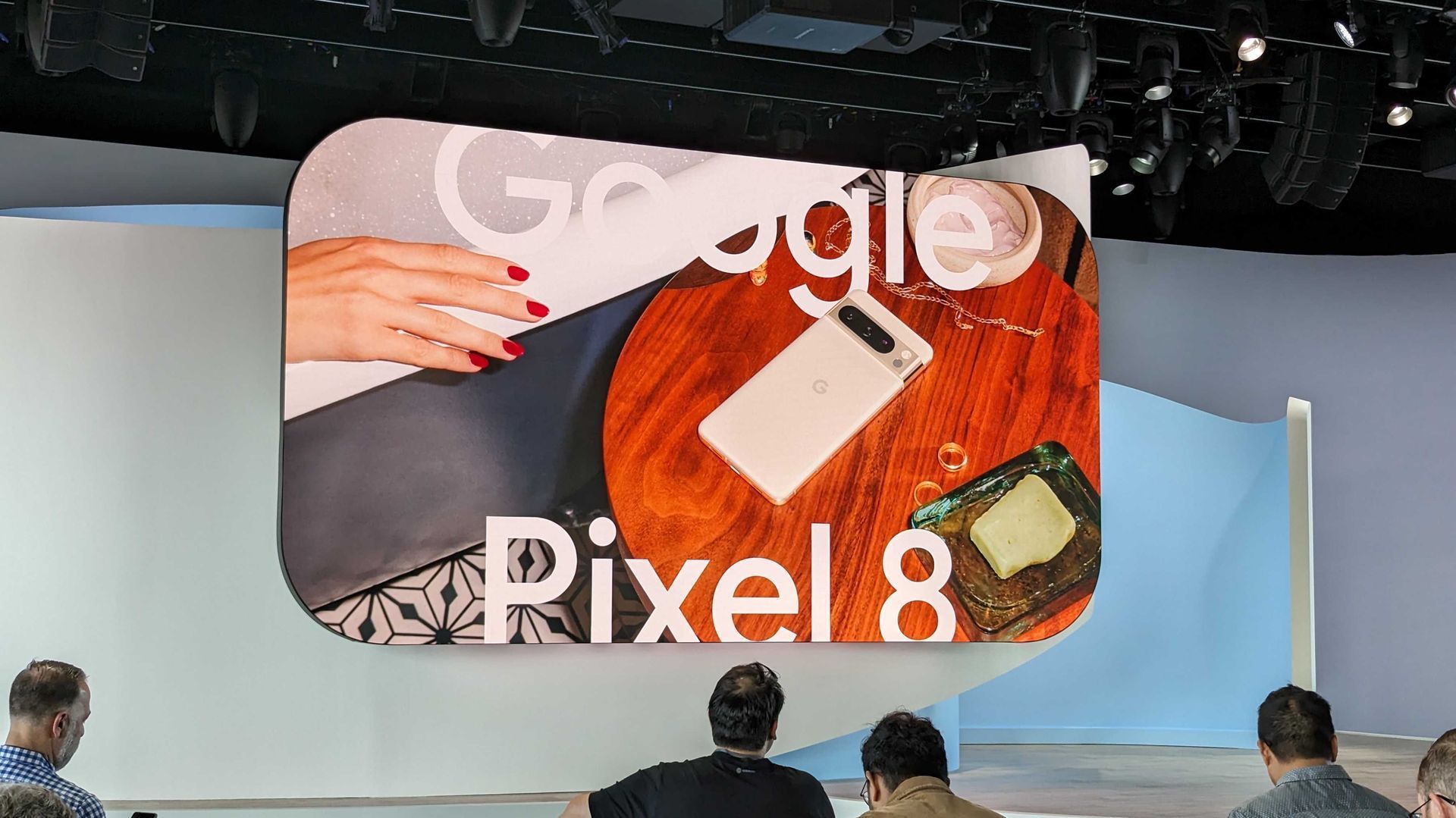
Pixel 7 vs Pixel 8: Power and performance
The heart of the Pixel 8 series lies in Google’s new Tensor G3 chip, a notable improvement over the previous generation. This translates to snappier performance and more robust AI capabilities, including features like Call Screen and Clear Calling for better call quality.
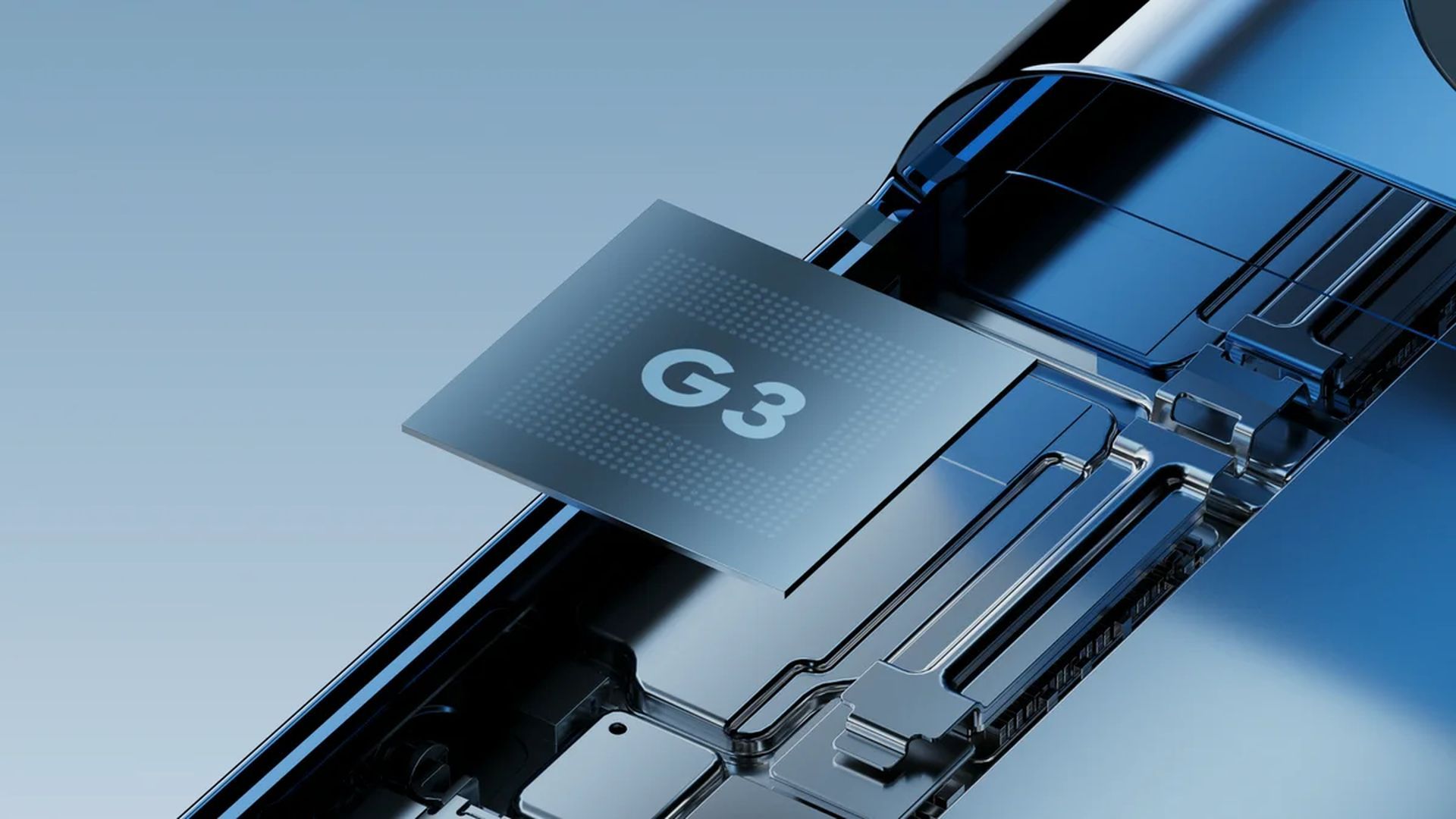
The winner is Pixel 8: The Tensor G3 chip in Pixel 8 offers a substantial performance boost over the G2 chip in Pixel 7, resulting in smoother operation and enhanced AI features.
Pixel 7 vs Pixel 8: Display and design
The Pixel 8 and 8 Pro come with rounded corners for a more ergonomic feel, while the Pro model boasts a matte finish on the back glass panel. The OLED displays across the board provide vivid visuals, with the Pro models offering a higher refresh rate, perfect for gamers.
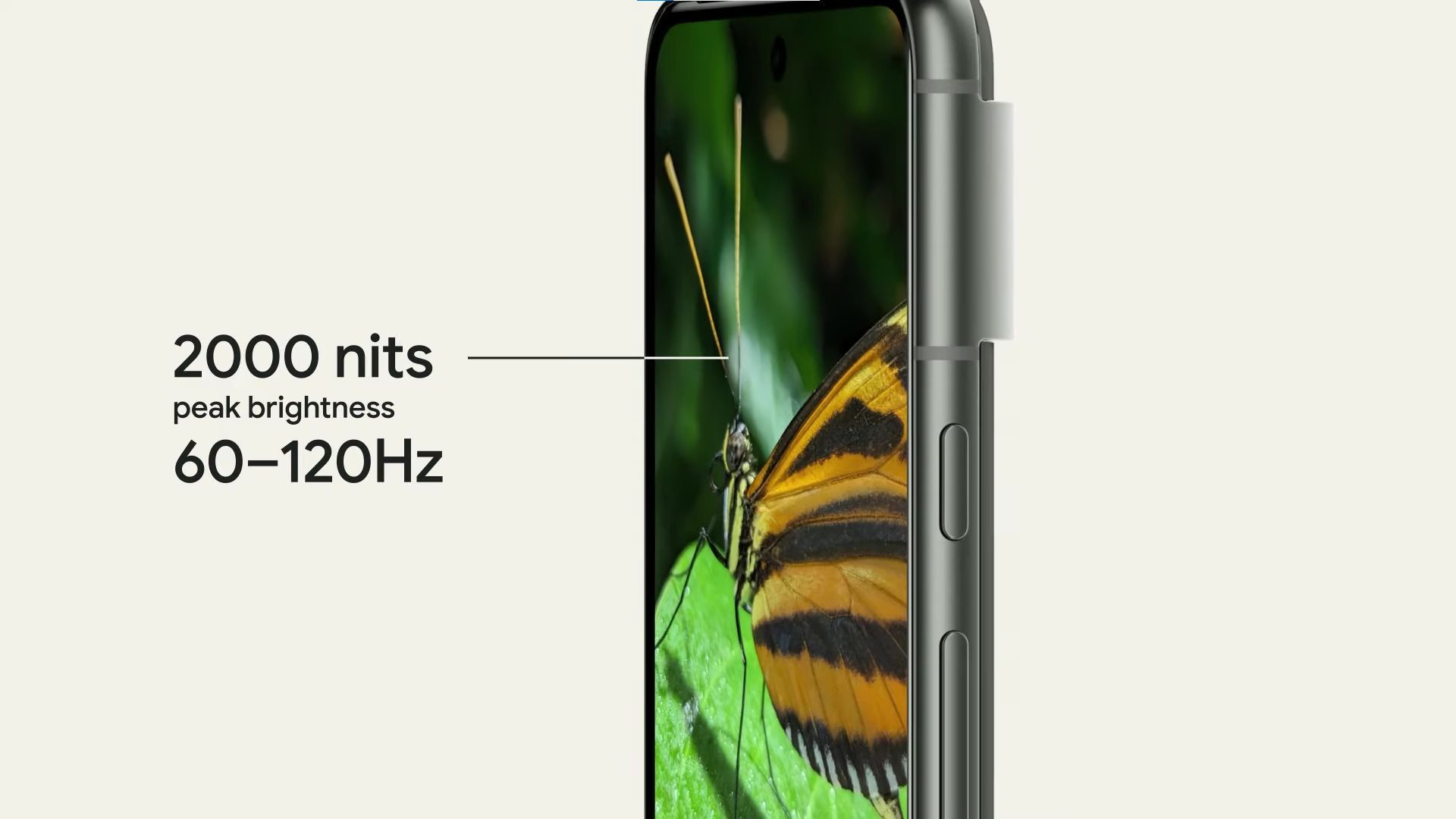
The winner is Pixel 8: Pixel 8’s rounded design and matte finish on the Pro model provide a fresh feel. The OLED displays offer crisp visuals, with Pro models leading in refresh rates for a smoother gaming experience.
Pixel 7 vs Pixel 8: Camera capabilities
Photography enthusiasts will appreciate the upgraded camera setups. The Pixel 8 Pro introduces a 48-megapixel telephoto lens with impressive 5x optical zoom, along with an ultrawide lens that can focus as close as 2cm in macro mode. Pro controls provide advanced customization options, allowing users to fine-tune their shots.
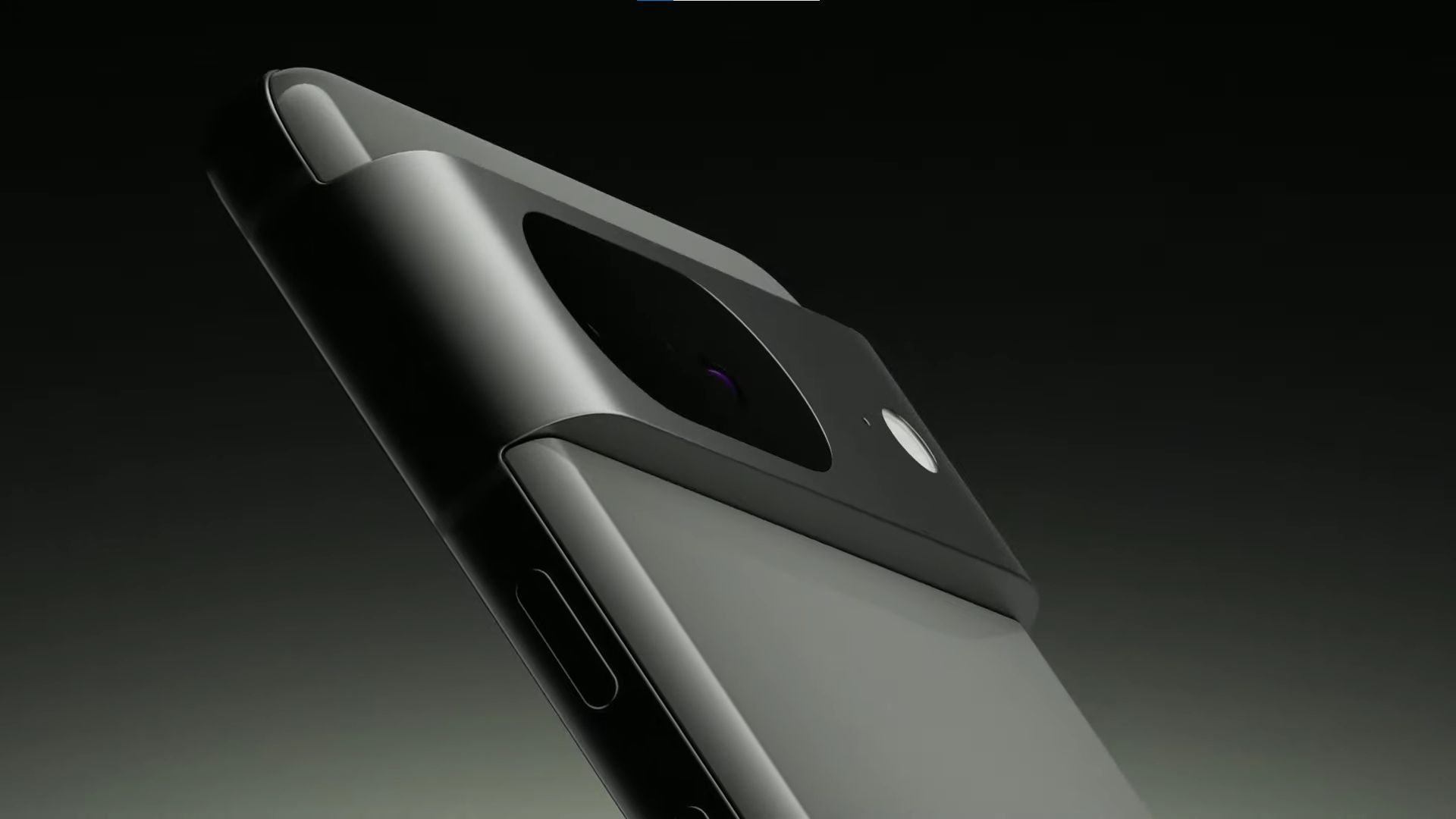
The winner is Pixel 8: Pixel 8 Pro’s camera improvements, including 5x optical zoom and macro mode, outshine Pixel 7’s camera capabilities, giving photography enthusiasts more creative freedom.
Pixel 7 vs Pixel 8: Software support and features
Both the Pixel 8 and Pixel 7 series can run on Android 14, ensuring access to the latest features. However, the Pixel 8 lineup will have exclusive AI-generated wallpapers. Notably, the Pixel 8 and Pixel 8 Pro will receive seven years of Android and security updates, outstripping the Pixel 7’s support timeline.
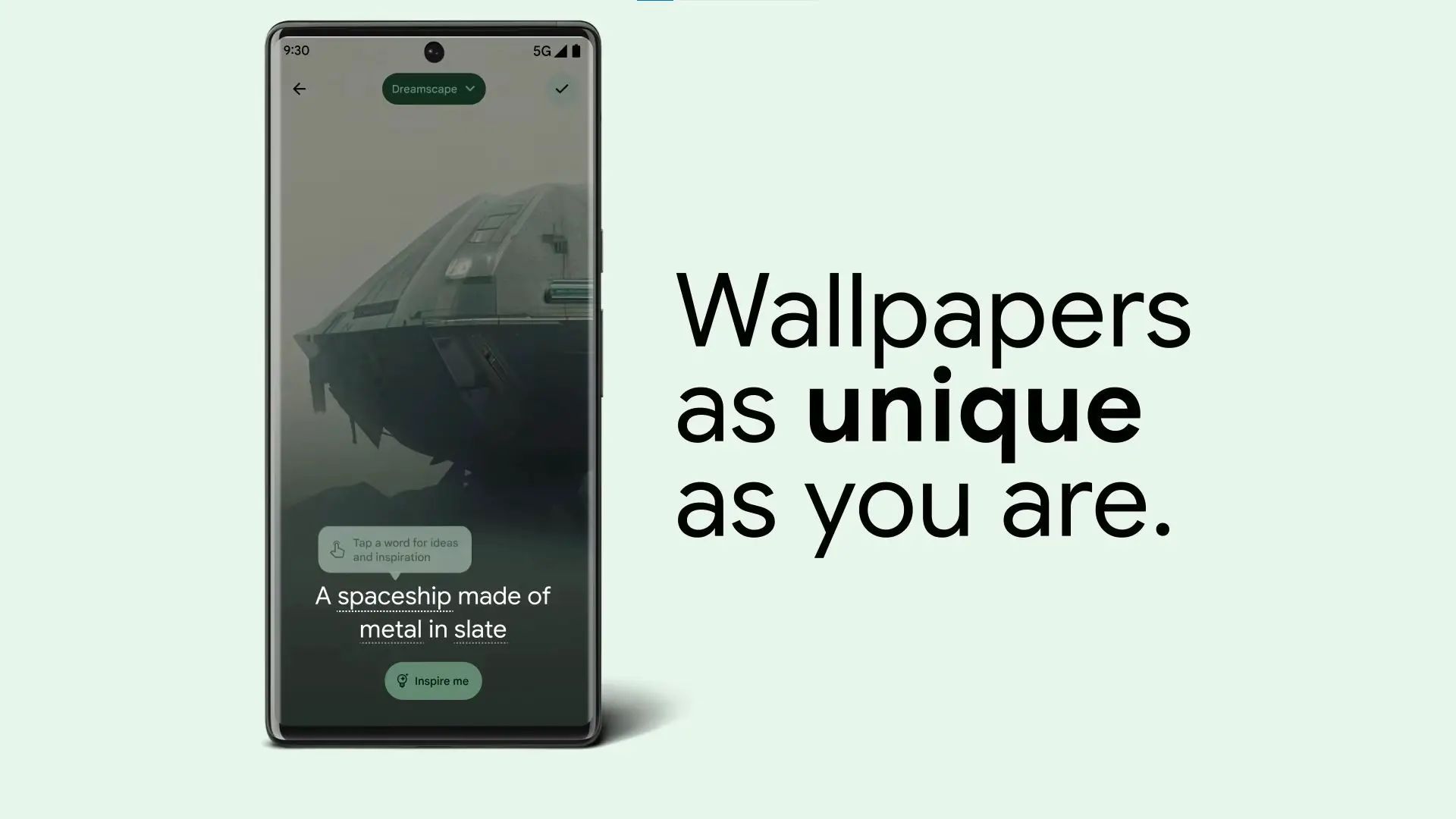
The winner is Pixel 8: Pixel 8’s exclusive wallpapers and extended support period of seven years for Android updates and security patches surpass Pixel 7’s offerings, ensuring longevity and up-to-date software.
Pixel 7 vs Pixel 8: Battery life
While the Pixel 7 series already boasted impressive battery life, the Pixel 8 lineup aims to push the boundaries further. Google claims that the Pixel 8 phones could potentially last up to 72 hours with battery saver mode enabled, though real-world testing will provide a clearer picture.
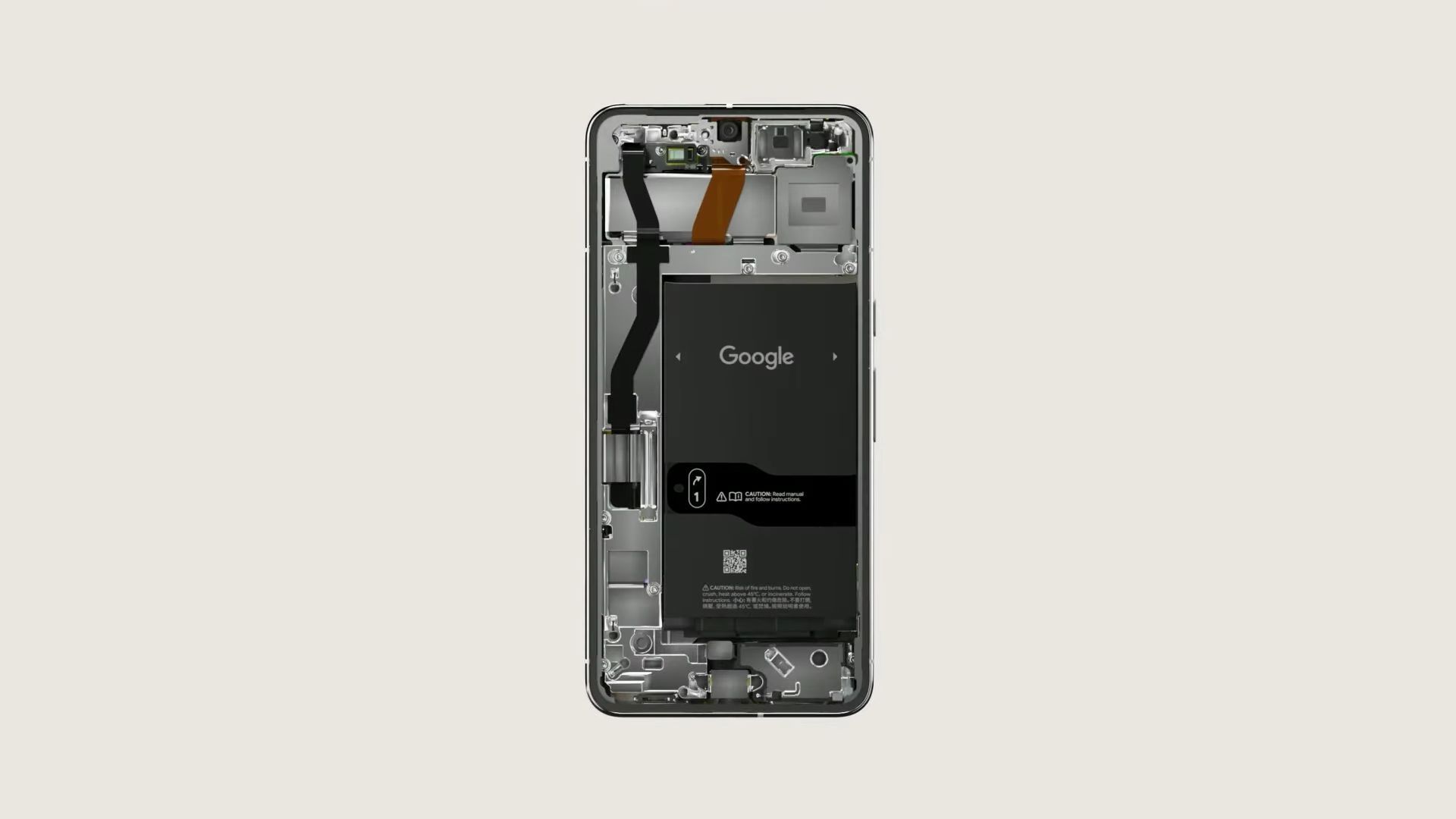
The winner is Pixel 8: Pixel 8’s extended battery life potential, reaching up to 72 hours, surpasses Pixel 7’s already impressive performance, though real-world testing will be the ultimate judge.
Pixel 7 vs Pixel 8: Connectivity and additional features
The Pixel 8 series introduces Wi-Fi 7 support, offering faster and more reliable internet connections. Additionally, both Pixel 8 and Pixel 8 Pro owners can utilize Google’s face unlock technology for payments and device access.
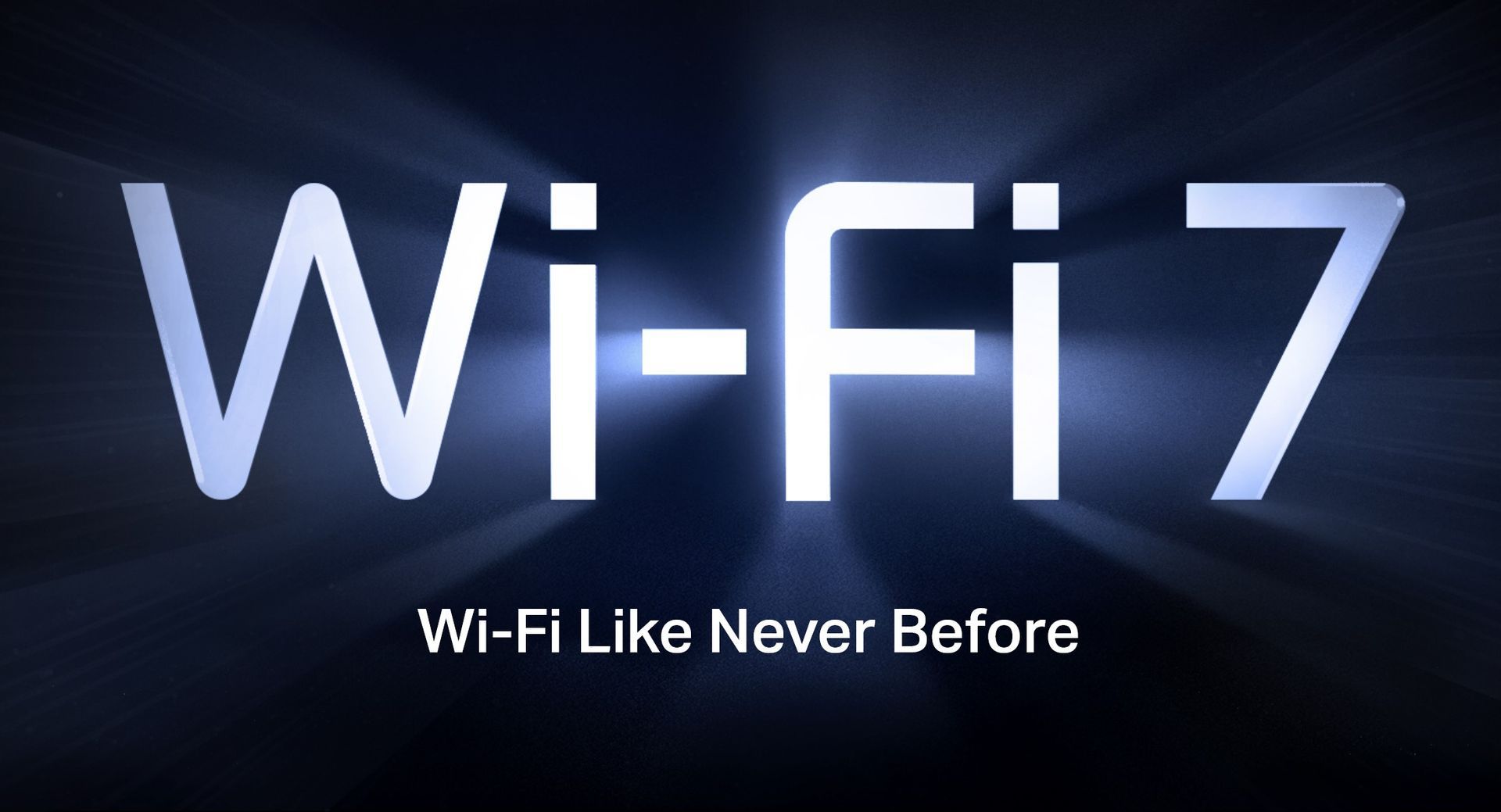
The winner is Pixel 8: Pixel 8’s Wi-Fi 7 support provides enhanced connectivity, ensuring faster and more reliable internet. Additionally, face unlock technology adds a convenient layer of security for payments and device access.
As can be seen, the new model of Google’s flagship series offers an undeniably significant set of improvements over its predecessor. However, you might also be curious about the Pro versions of both models, so let us quickly cover that as well, just to see if new is indeed always better.
Pixel 7 Pro vs Pixel 8 Pro
While it’s an entirely different comparison, the same superiority of Pixel 8 over Pixel 7 seems to continue for the Pro versions of the series. Nevertheless, let’s check out the fight of the champions in more detail:
- Price and storage: The Pixel 8 Pro comes with a $999 price tag, a hundred dollars more than the Pixel 7 Pro. Additionally, the Pixel 8 Pro offers up to 1TB of storage, surpassing the Pixel 7 Pro’s maximum of 512GB.
- Design and display: The Pixel 8 Pro introduces a built-in thermometer and a reconfigured camera setup. Both models maintain their rounded edges and IP68 water resistance. The Pixel 8 Pro boasts a brighter screen, peaking at 2,400 nits, compared to the Pixel 7 Pro’s 1,500 nits.
- Cameras: The Pixel 8 Pro enhances its camera capabilities with a 48MP ultrawide lens and lower apertures for improved low-light performance. While telephoto cameras remain comparable, the Pixel 8 Pro has a slightly better aperture.
- Chipset and performance: The Pixel 8 Pro debuts the new Tensor G3 chip, offering enhanced AI capabilities, a notable improvement over the Pixel 7 Pro’s Tensor G2. This translates to smoother operation and more complex calculations.
- RAM and multitasking: The Pixel 8 Pro offers a consistent 12GB of RAM across all models, promising better multitasking capabilities compared to the Pixel 7 Pro, which only provides 12GB of RAM for specific configurations.
- Battery life: Both the Pixel 8 Pro and Pixel 7 Pro are claimed to have a similar battery life, around 24 hours.
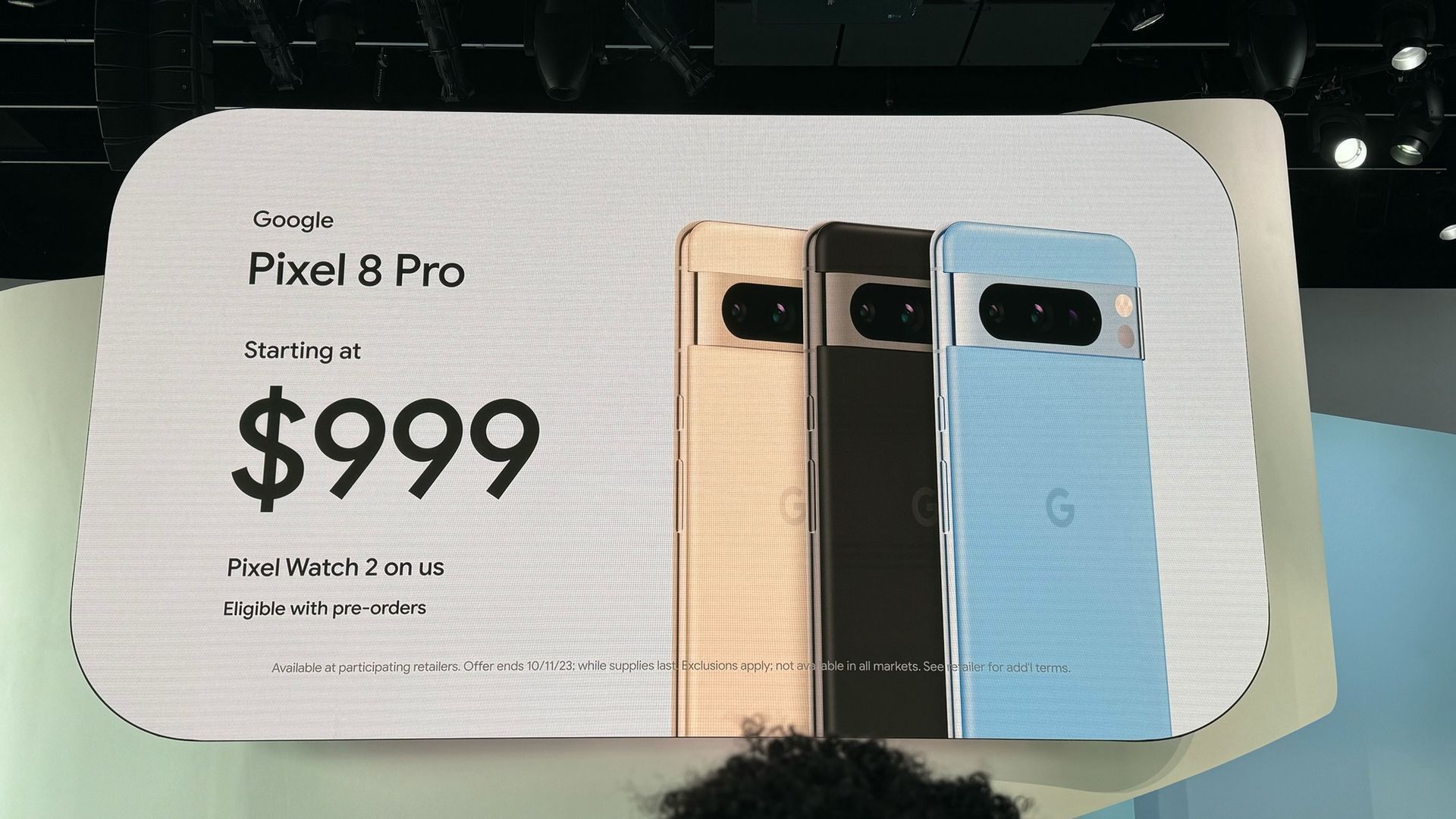
In conclusion, both the Pixel 8 and Pixel 8 Pro series represent a significant leap forward, with improvements across the board. From processing power to camera capabilities and software support, Google has fine-tuned its flagship smartphones to meet the demands of tech-savvy users.
With a host of superior features, the Pixel 8 and Pixel 8 Pro are poised to be worthy upgrades for those seeking cutting-edge technology.
Meanwhile, if you’re not even clear about going with Google, make sure to check out our article on the iPhone 14 vs iPhone 15 comparison.
Featured image credit: Google



